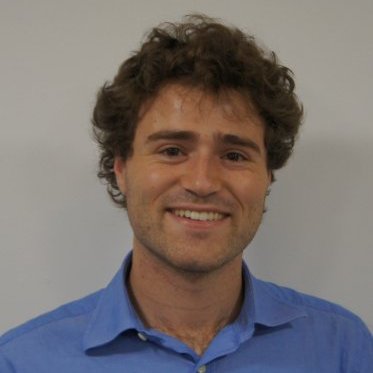Matthew Myers, Magdalene College, 2015-2016
I am a South African that grew up in a small town in the Western Cape. After completing school I studied chemical engineering at the University of Cape Town. Not long after completing the ESD course I started working full time, for the first time, in Cambridge as an energy analyst.
Dissertation title:
Examining the stance taken by environmental NGOs towards nuclear power
Students report:
Why did you do the ESD MPhil?
We live on a planet that has finite resources and those resources must be used in a way that will not impinge on anyone’s right to an acceptable standard of living. After completing a degree in chemical engineering I wanted to broaden my horizons and learn more about sustainability – what it means to be ‘sustainable’. I also wanted to learn in an environment where I could interact with some of the brightest minds on the planet.
How did it help you?
The course was amazing. It really did help broaden my horizons! It opened me up to new ways of thinking and seeing problems. The course helped me transition from thinking about problems purely analytically and quantitatively to considering the social, financial and environmental implications of decisions. The course also allowed me to peruse my interest in the global renewable and distributed energy transition.
Being in Cambridge and exposed to the collegiate environment was marvellous. College life allowed a great deal of interaction with people from many different backgrounds working on countless interesting challenges across a number of very different fields.
What are you doing now?
I now work in Cambridge as an analyst at Delta Energy & Environment – a low carbon and distributed energy consultancy and research service company. I work on really interesting projects that involve analysing the ‘new energy’ market space, helping companies (large and small) and governments across Europe and the rest of the world navigate the tumultuous changes in the global energy system that are currently taking place. This is a career path change that was fully supported and enabled by the ESD course.

